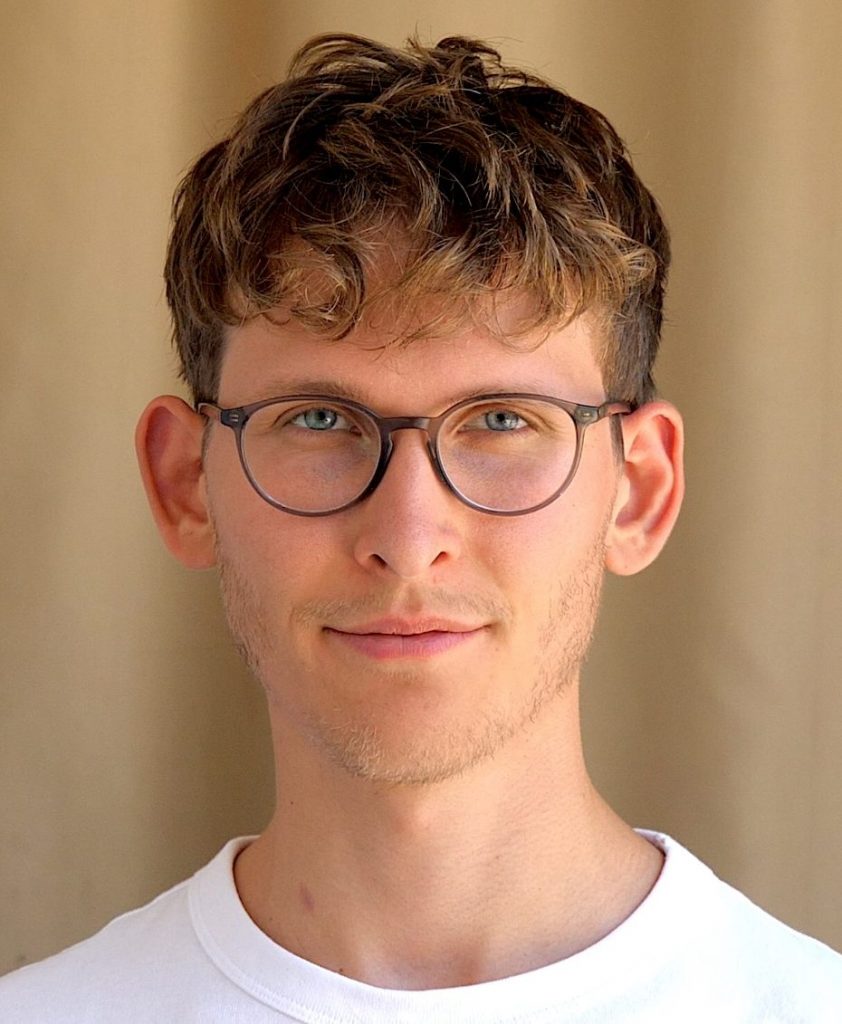
About me
Hi, my name is Leon.
I’m exploring the human brain — inside out — combining neuroscience with first-person experience.
Initially, I was curious about common existential questions about our lives. For example, where do we go when we sleep or what happens after we die (or even better what happens while we are alive)? Many of these questions find their origin in the complexity of the brain.
This has motivated me to pursue an academic career as a neuroscientist to be able to learn about the most complex organ we know. After completing my bachelor’s and master’s, I’m currently focused on science communication and translating evidence from theory into practice.
My professional background
- Bachelor of Science (B.Sc.) in Cognitive Science – University of Osnabrueck, Germany
- Master of Science (M.Sc.) in Neuroscience – University of Bonn, Germany
- Currently in training to become a licensed meditation teacher of MBSR (mindfulness-based-stress-reduction)

CORE PRINCIPLES
Scientific
In the world of well-being and mental health, claims are often made without solid evidence. Mental phenomena are complex but ultimately rooted in the activity of our nervous system, particularly the brain [1]. My goal is to make the science behind mental well-being accessible and easy to understand. But maintaining a critical and scientific perspective is very important to me.
Integration
My goal here is really to integrate the best of both worlds of modern research and of ancient wisdom. It seems neuroscience is good at studying the brain "from the outside in" while eastern contemplative practices can help you learn about your individual mind "from the inside out". I'm not the first to think that combining both yields great potential - not just for improving our lives but to find deeper purpose in it.
Mindfulness
If I could help you with one thing, it would be to increase your mindfulness. As I understand this often-debated term, mindfulness goes hand in hand with personal autonomy and awareness of your life. In other words, I’m convinced that mindfulness helps me — and will likely help you — live more in line with our values. In today’s complex world, this isn’t easy, so it’s best to see mindfulness not as an end goal, but as an ongoing journey.
Resources:
[1] American Association for Research into Nervous and Mental Diseases, Llinás, R., Ribary, U., Contreras, D., & Pedroarena, C. (1998). The neuronal basis for consciousness. Philosophical Transactions of the Royal Society of London. Series B: Biological Sciences, 353(1377), 1841-1849.